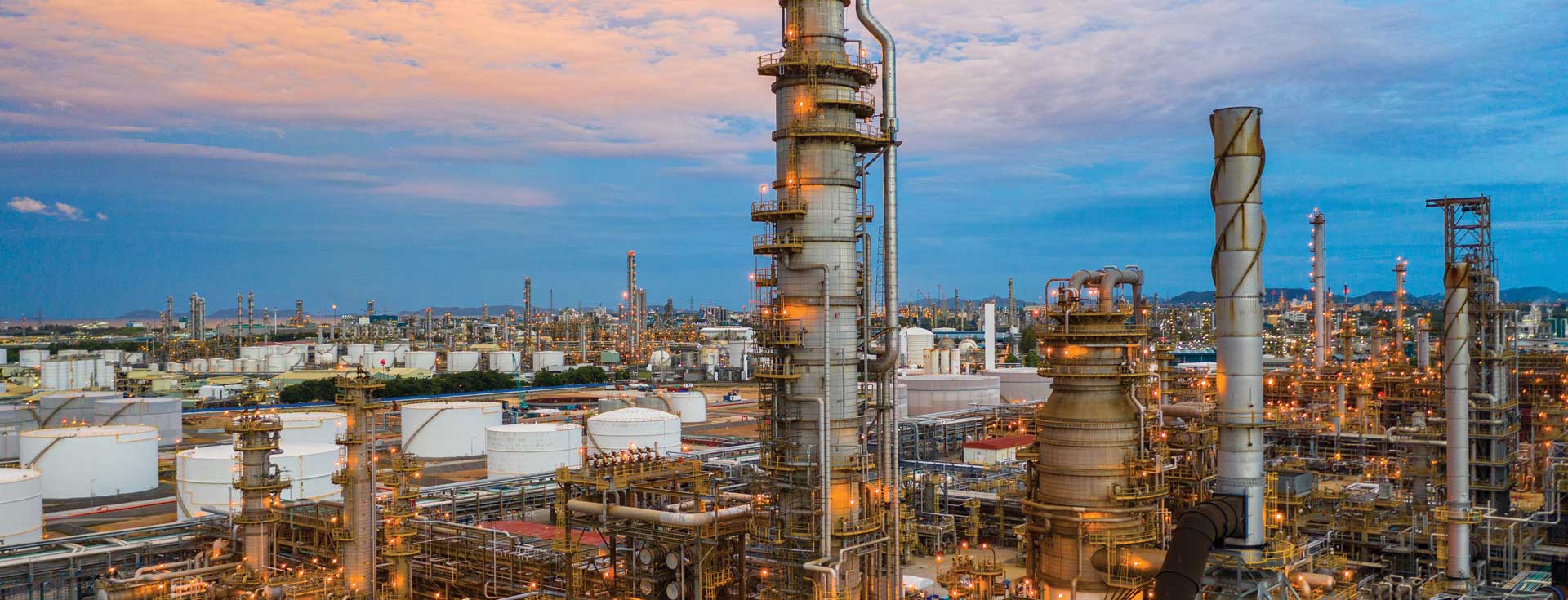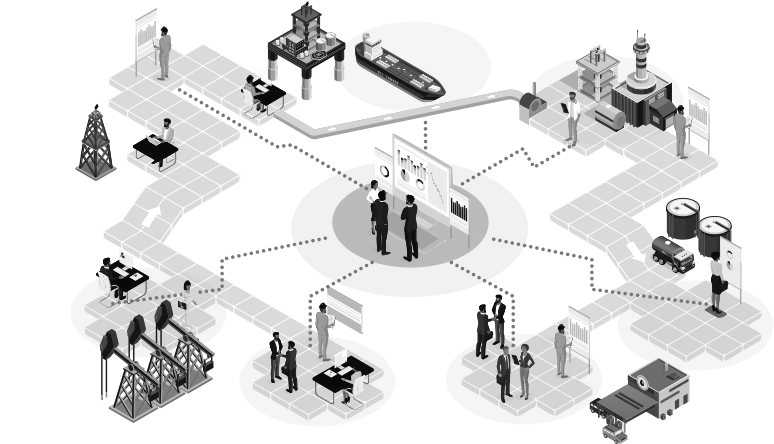Even though Blockchain is not directly related to earth’s mantle for natural resources, DLT has the capability to cut a disruptive path through automotive, finance and healthcare ,thereby benefiting the Oil & Gas industry.
Blockchain is an emerging technology with many interesting use cases in Oil and Gas. Even though the Energy sector is slow in adopting blockchain, the scenario is rapidly changing, a recent survey has revealed that 72% of oil and gas executives expect blockchain to interrupt the industry.
Interestingly Blockchain is not directly related to earth’s mantle for natural resources, however, DLT can cut a disruptive path through Automotive, Finance, Healthcare & Oil and Gas, which can benefit Oil & Gas companies.

